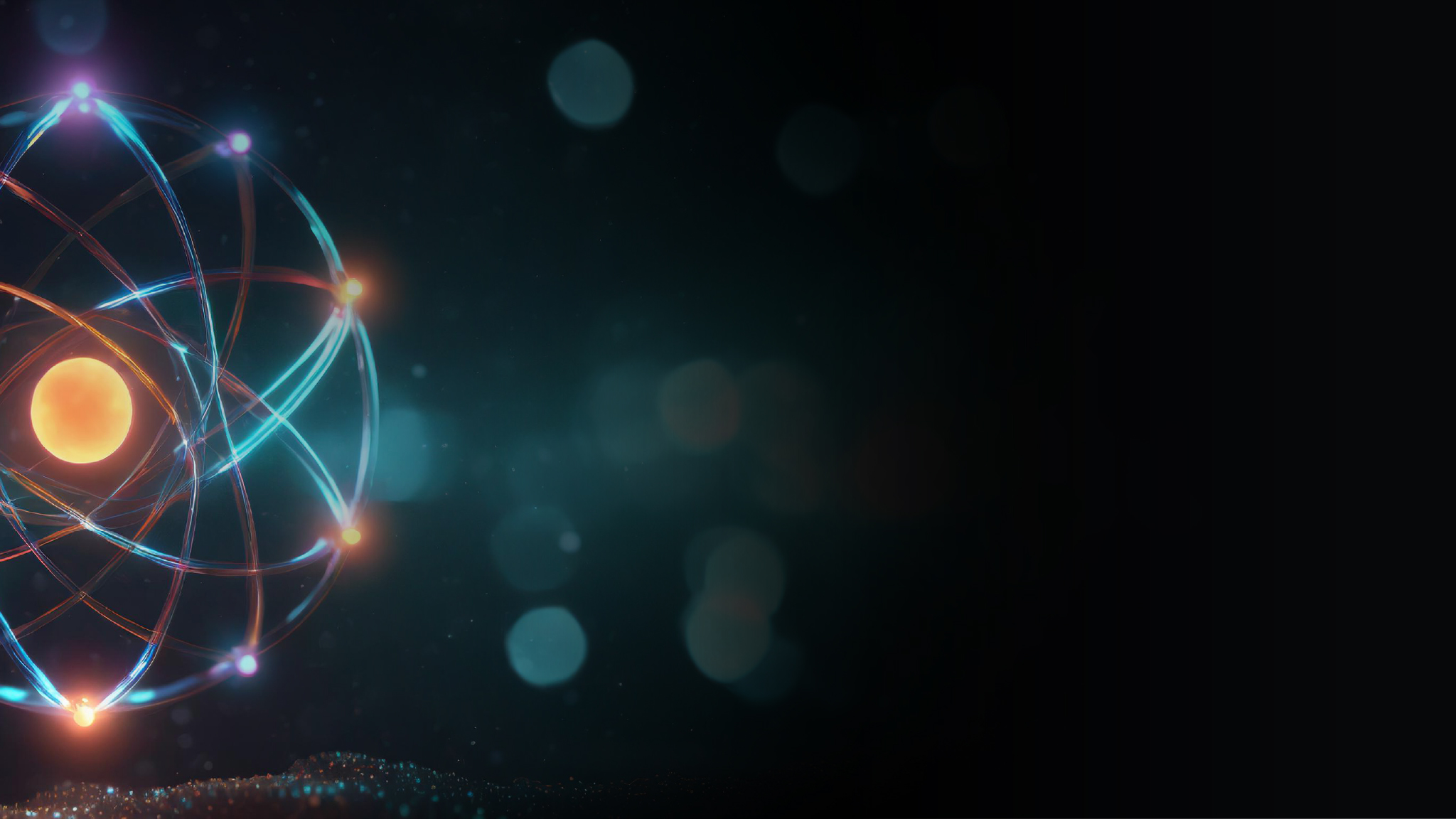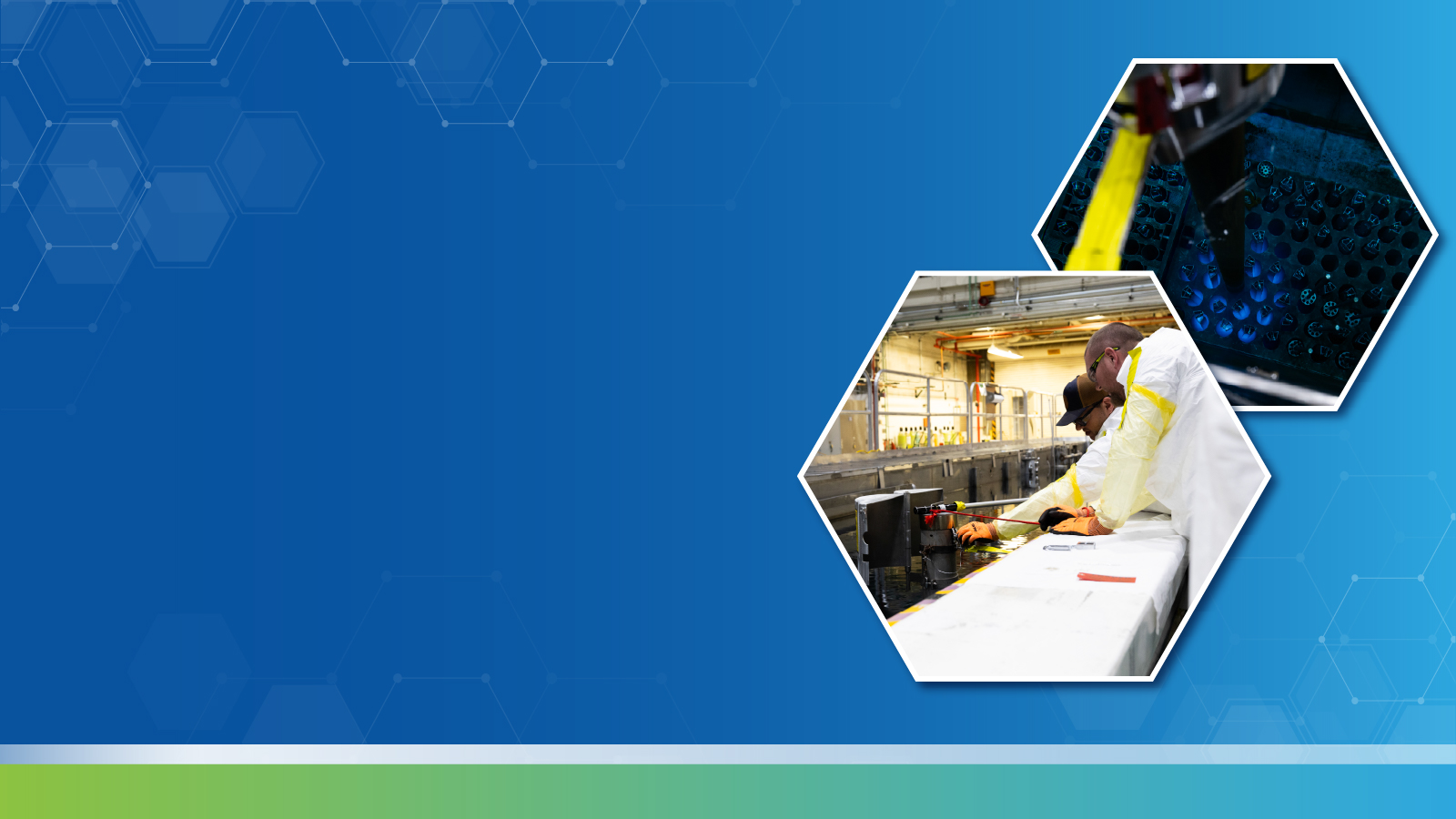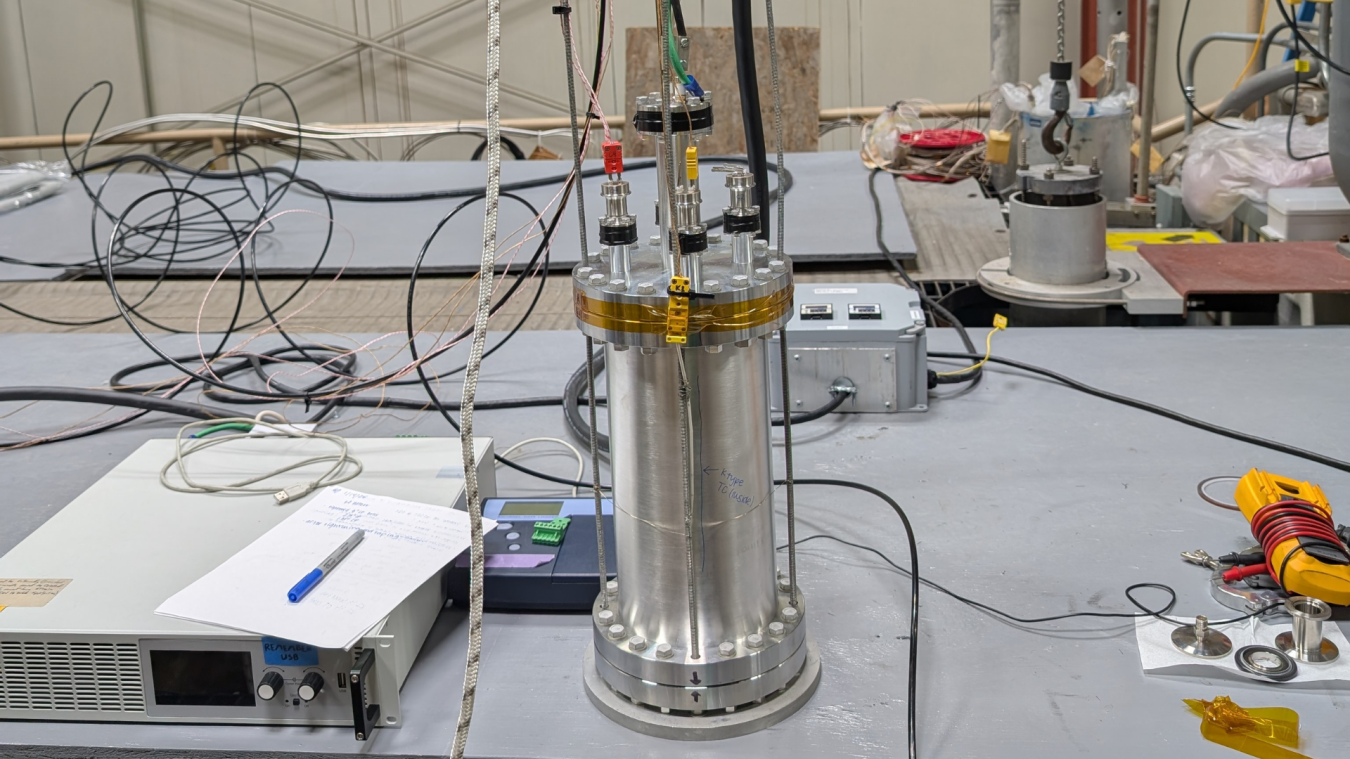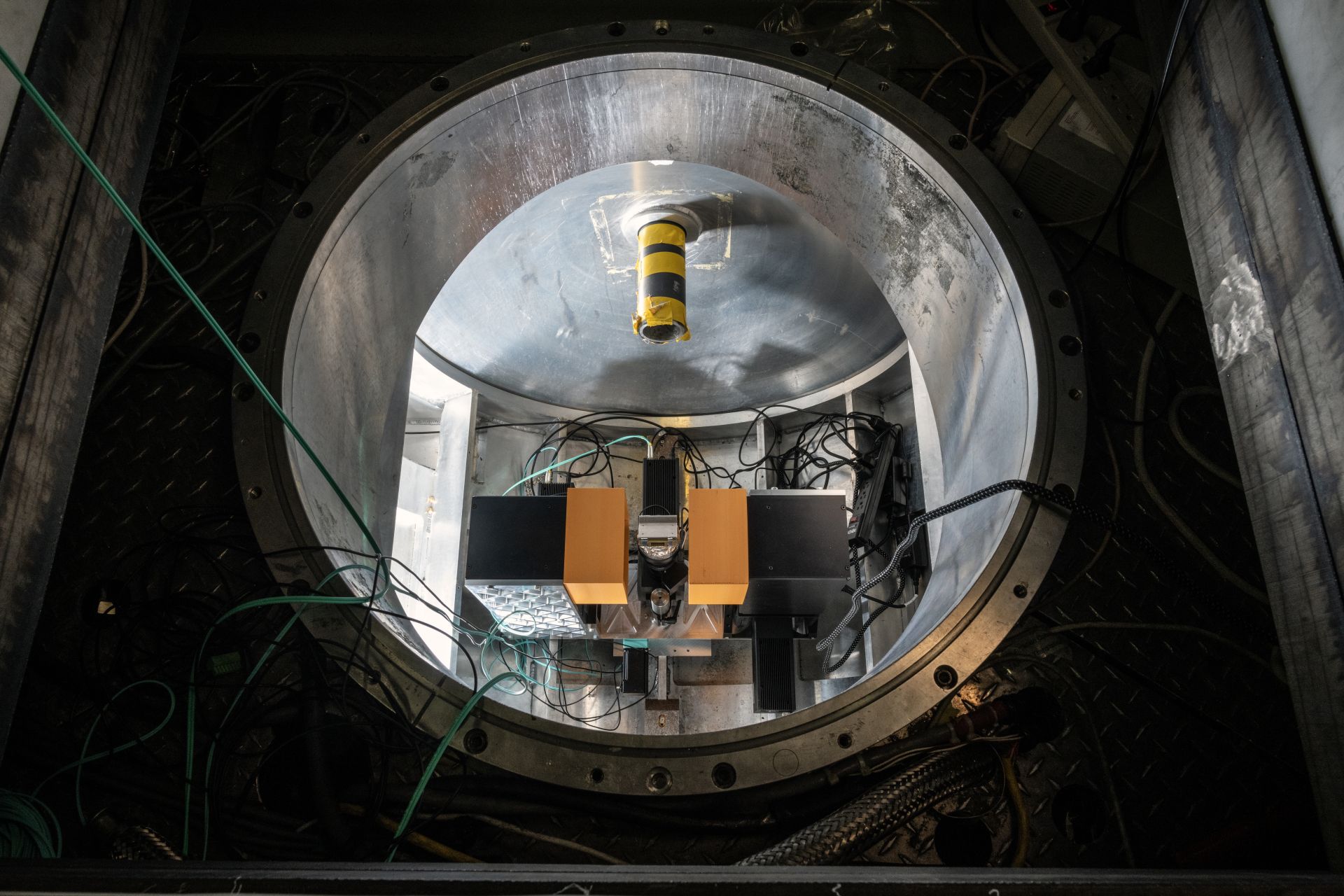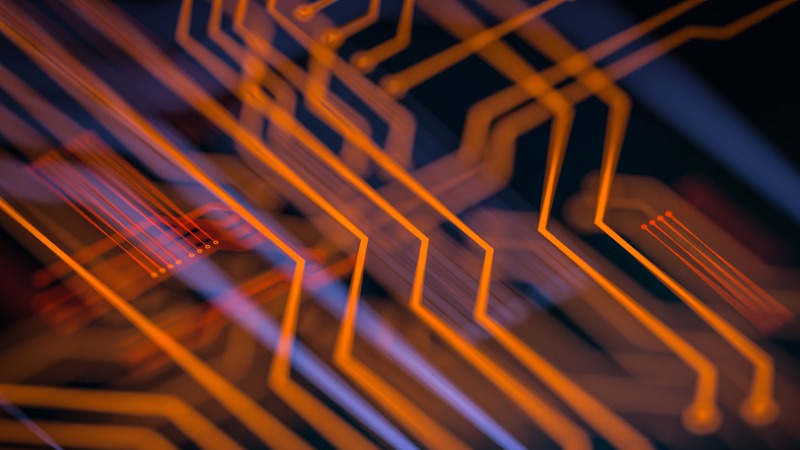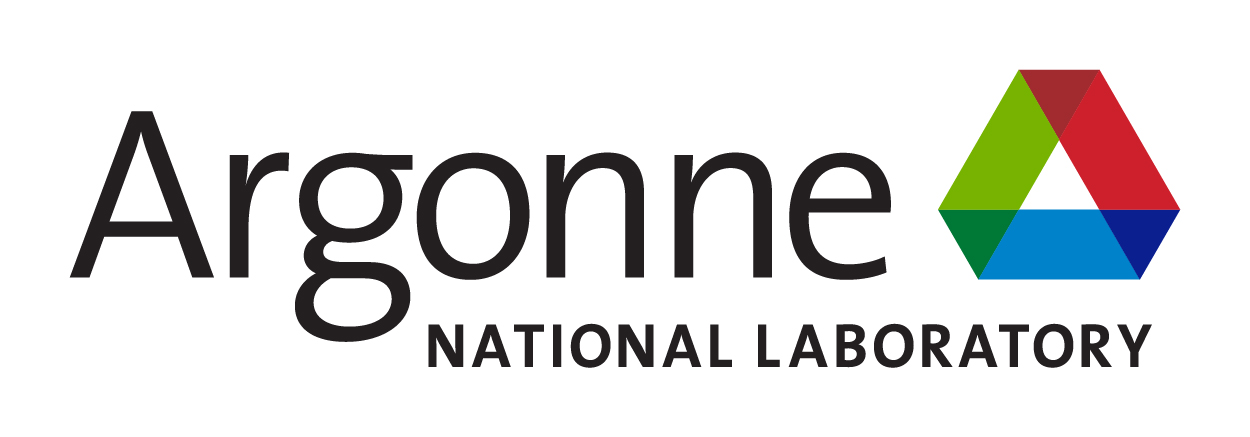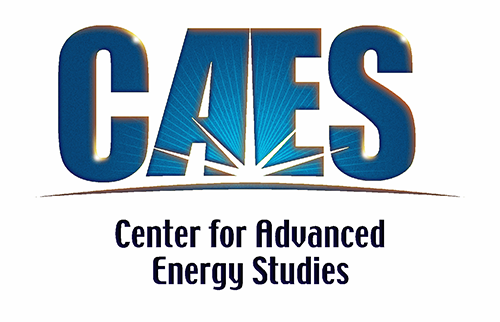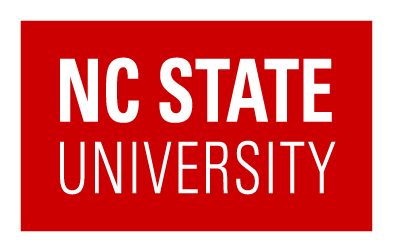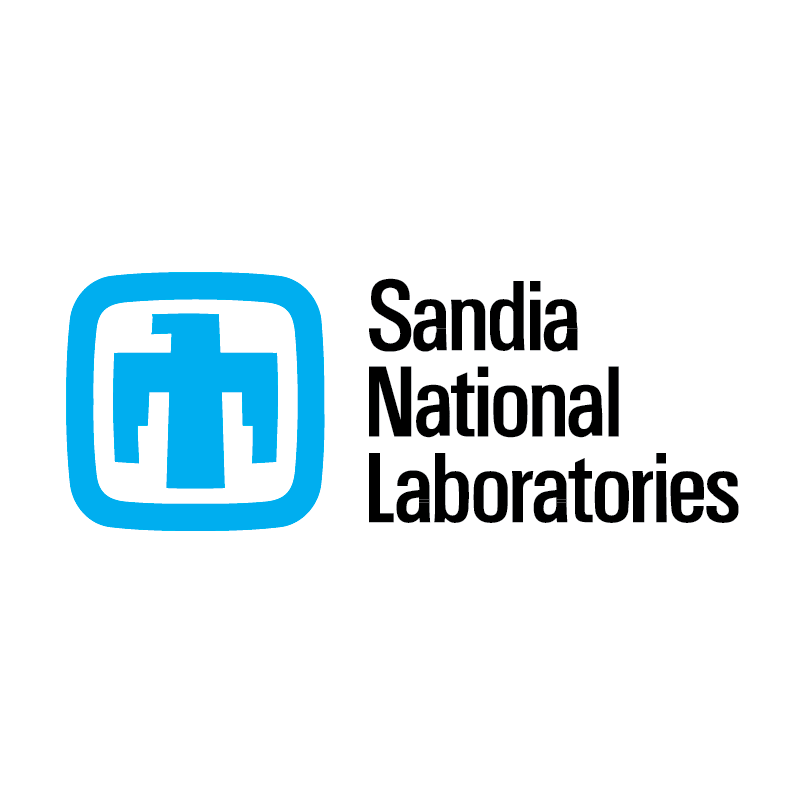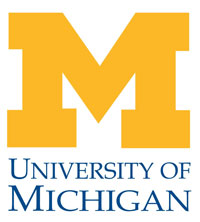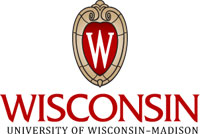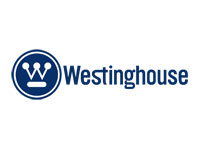Resources for researchers
No other user facility in the United States offers the wide variety of reactors, hot cells, beamlines and analysis instrumentation that are available through the NSUF.
Beamline
A wide variety of beamline facilities are available, including ion, neutron, positron, and x-ray.
Gamma Irradiation
The NSUF offers researchers access to best-in-class gamma irradiation facilities.
Reactors
The NSUF offers ten reactor facilities to users whose proposals are awarded access.
Post-Irradiation Examination
Users can be awarded access to a broad range of PIE facilities.
Computing Resources
Providing researchers with advanced modeling and simulation capabilities to support a wide range of activities in harsh environments.
Nuclear Energy Infrastructure Database
Search nuclear energy R&D infrastructure at national labs, universities and industry.
Nuclear Fuels & Materials Library
Proposals may be submitted for these samples, which were irradiated in ATR and EBR II.
Publications
Search the database of NSUF publications and presentations since its inception.
Newsletter Signup
To sign up for updates, please enter your email address below.
Meet our team
The NSUF headquarters is located at the Center for Advanced Energy Studies (CAES) in Idaho Falls, Idaho.
Brenden Heidrich
Director
Collin Knight
Deputy Director
Keith Jewell
Chief Scientist
Rongjie Song
Chief Scientist
Alina Montrose
Post Irradiation Examination Experiment Manager
Projects
Publications
Presentations
Institutions
Facilities
This is the Work We Do
NSUF research supports Department of Energy-Office of Nuclear Energy missions. Most of the research looks at either understanding the mechanisms of radiation on materials and fuels to address the challenges of the current fleet of reactors or looks at materials and fuels for the next generation.

Cheng Sun
Idaho National Laboratory
68-73
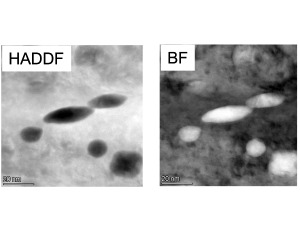

Yong Yang
University of Florida
88-89
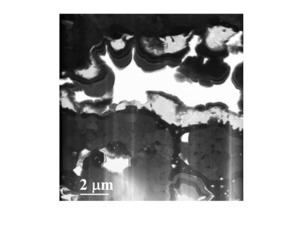

Calvin Parkin
University of Wisconsin-Madison
74-79
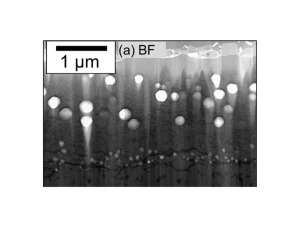

Calvin Parkin
University of Wisconsin-Madison
90-95
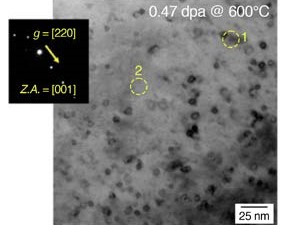

Michael Moorehead
Idaho National Laboratory
86-87
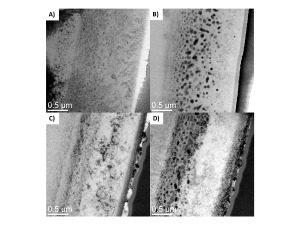

Todd Allen
University of Michigan
58-61


Donna Guillen
Idaho National Laboratory
1-29
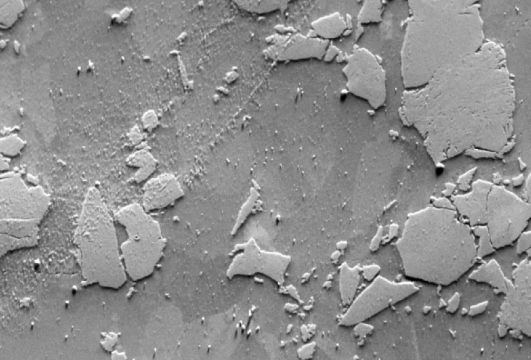
FEATURED RESEARCHERS
The Nuclear Science User Facilities (NSUF) offers unparalleled research opportunities for nuclear energy researchers. Users are provided access (at no cost to the researcher) to world-class nuclear research facilities, technical expertise from experienced scientists and engineers, and assistance with experiment design, assembly, safety analysis and examination.
NSUF partner facilities
The NSUF and its partner facilities create a nationwide infrastructure that greatly expands the types of research available. This model utilizes a distributed partnership with each facility bringing exceptional capabilities to the relationship, including: reactors, beamlines, instruments, hot cells, and most importantly, expert mentors.
About Us
The Nuclear Science User Facilities (NSUF) is the U.S. Department of Energy Office of Nuclear Energy's only designated nuclear energy user facility. Through peer-reviewed proposal processes, the NSUF provides researchers access to neutron, ion, and gamma irradiations, post-irradiation examination and beamline capabilities at Idaho National Laboratory and a diverse mix of university, national laboratory and industry partner institutions.
Privacy and Accessibility · Vulnerability Disclosure Program

